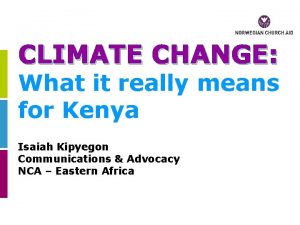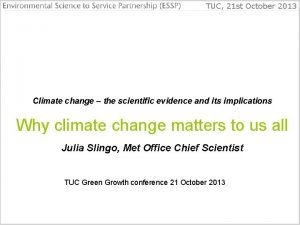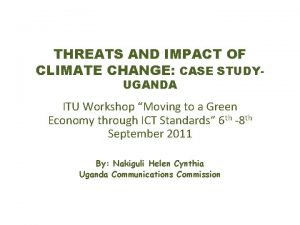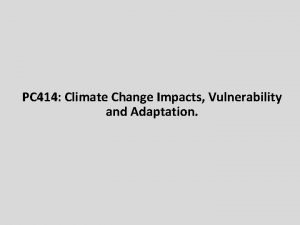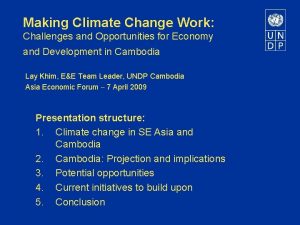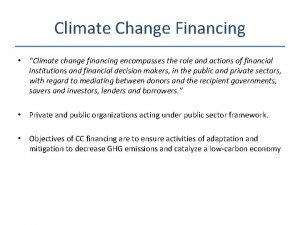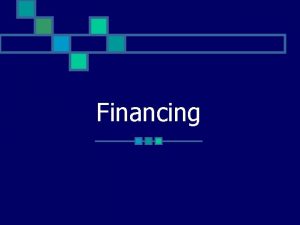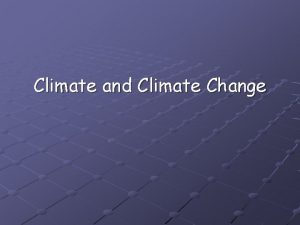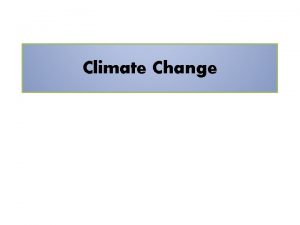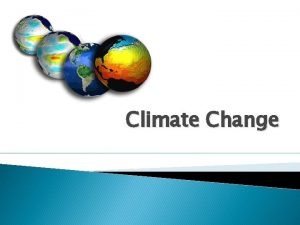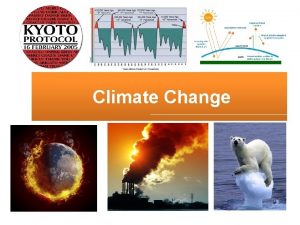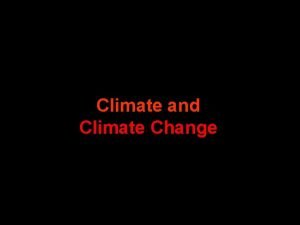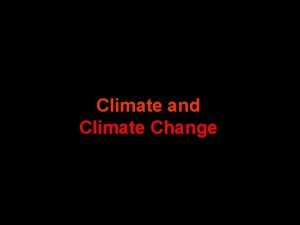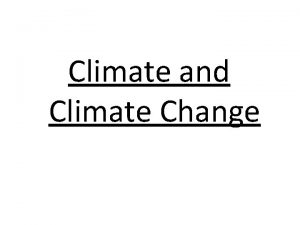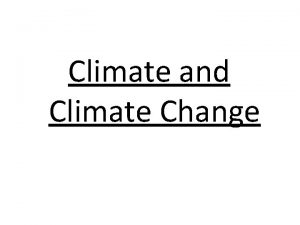Financing Education in a Climate of Change 10















- Slides: 15

Financing Education in a Climate of Change 10 th edition Vern Brimley, Jr. & Rulon R. Garfield Power Point Presentation: Lora Knutson, Ph. D. This multimedia product and its contents are protected under copyright law. The following are prohibited by law: any public performance or display, including transmission of any image over a network; preparation of any derivative work, including the extraction, in whole or in part, of any images; any rental, lease, or lending of the program. Copyright © Allyn & Bacon 2008

Chapter 1 The Economics of Education This multimedia product and its contents are protected under copyright law. The following are prohibited by law: any public performance or display, including transmission of any image over a network; preparation of any derivative work, including the extraction, in whole or in part, of any images; any rental, lease, or lending of the program. Copyright © Allyn & Bacon 2008

Education as Human Capital • Education = Investment in human capital & Investment = Risk • Education is responsible for social and economic development • Capital deteriorates with inactivity Copyright © Allyn & Bacon 2008

Creation of Wealth and Education • Elements in the creation of wealth (labor, physical capital, technology), are enhanced through education • Educated workers are more productive • All areas of resources are refined through education • Human capital—greater productivity in management Human Capital Public sector Private sector Education • Copyright © Allyn & Bacon 2008

Education: An Important Industry • Education is the country’s largest industry • There is a positive relationship between education and economic growth • Economic philosophies affect fiscal matters and the educational program Marx Keynes Galbraith Friedman Smith Communist Government Intervention Liberal Conservative Capitalist Copyright © Allyn & Bacon 2008

A Public Sector Responsibility • Government through taxation produces education services • Private sector organizations respond to consumer demand • Education--a political responsibility at three levels of government through taxation • Federal system-public education designed to produce equity Private sector $$$ Public sector Taxation Copyright © Allyn & Bacon 2008

• Low end—human effort devoted to essential material goods • High end—human effort devoted to education and nonessential goods and services • As educational services increases, economic productivity and wealth increases • Educational system—result and determinant of social and economic progress • Education produces nonfree services Øproducer’s good—human capital Øconsumer’s good—purchaser of education and wants as a consumer Copyright © Allyn & Bacon 2008

Stimulates Economic Growth • Education is important to increases in economic productivity • The scope of educational services are determined by Øgovernment officials Øvoters’ experiences Øschool community Øtaxpayers Øthose with no direct relationship to education interest group Copyright © Allyn & Bacon 2008

• Marginal dollar principle Ømarginal utility—pleasure or satisfaction consumer achieves Ødiminishing marginal utility—utility of additional units of a good services decreases as additional units consumed Ømarginal dollar—dollars better spent for some other goods or services • Point of diminishing returns Øadditional expenditures yield very little or no additional educational returns Copyright © Allyn & Bacon 2008

Economic Benefits of Education • Benefits Ørange of job opportunities Øjob security Øtaxes paid to state Ølife expectancy Øaverages earnings Copyright © Allyn & Bacon 2008

• Increasing expenditures and the economy Øhuman capital more important than natural resources in wealth creation Øhigh education development overcomes lack of natural resources Øpoor education system—lower individual economic productivity • Expenditures benefit individuals and society Øsocial mobility, higher status, increased appreciation for arts and culture, increased participation in democratic process Øfamily, neighborhood, business, society and culture benefit Copyright © Allyn & Bacon 2008

Noneconomic Benefits of Education • Free democratic society—well-informed and responsible citizens • Schools--source of moral and ethical values • Preservation of nation’s culture and people’s sense of identify • External benefits—justify taxation to finance education Øhealthier society Ømore informed electorate Ømore productive labor force Øraised standard of living Øenhanced economic growth Copyright © Allyn & Bacon 2008

• Exclusion or free rider principle Øexclusion principle—ability of consumer to enjoy exclusively a good or service Øfree riders—garnering benefits without spending income • Externalities justify ability principle Øcosts of education paid by all, based on ability to pay Øwealthier pay more Copyright © Allyn & Bacon 2008

Taxation and Education • Benefit system—tax based on benefits received • Ability principle—taxes based on ability to pay Copyright © Allyn & Bacon 2008

Cost-Quality Relationship to Education • Problems with establishing this relationship Ølack a definition of high quality that is measurable and acceptable to all concerned Øgoals of education vary from time to time and place to place • Research limitations Ømany variables contribute to student achievement, not just spending Copyright © Allyn & Bacon 2008
 Financing education in a climate of change
Financing education in a climate of change Climate change 2014 mitigation of climate change
Climate change 2014 mitigation of climate change Climate change paragraph
Climate change paragraph Karnataka state action plan on climate change
Karnataka state action plan on climate change What causes wind to blow brainpop
What causes wind to blow brainpop Climate change meaning
Climate change meaning Atmosphere
Atmosphere Unit 9 climate change
Unit 9 climate change Conclusion of climate change
Conclusion of climate change Conclusion of climate change
Conclusion of climate change Conclusion of climate change
Conclusion of climate change Mathematics of climate change
Mathematics of climate change Globalization ap world history definition
Globalization ap world history definition Climate change mitigation
Climate change mitigation 414 climate change
414 climate change Conclusion of climate change
Conclusion of climate change





